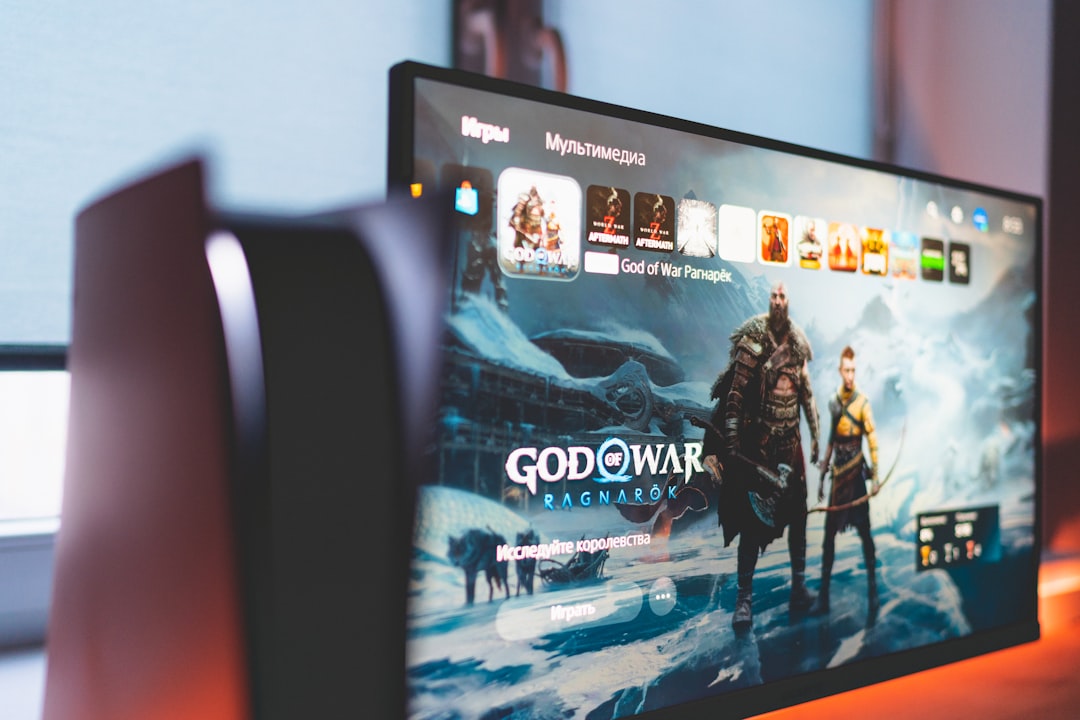For anyone stepping into the world of online gaming, the term “1v1” might pop up frequently. To a newcomer, this might seem like coded gaming jargon, but in reality, it’s quite simple. “1v1” stands for one versus one, and it refers to a format where two players compete directly against each other without allies or teammates. Whether you’re playing a shooter, a fighting game, or a strategy-based game, 1v1 formats are a staple of competitive play and skill measurement in the gaming community.
Understanding the Term “1v1”
At its core, “1v1” describes a head-to-head match where each player controls one side or character and plays without the assistance of other players. This format can be found in many game genres, from first-person shooters like Call of Duty and CS:GO, to fighting games like Street Fighter and Tekken, and even strategy or MOBA games.
In these types of matchups, success is determined purely by individual skill rather than team coordination or luck. It’s often seen as the most honest way to test skill levels between two people.
Where Is 1v1 Used?
1v1 matchups can be seen in several game formats, including:
- Fighting Games: Most fighting games revolve around 1v1 battles by default. Popular titles like Super Smash Bros. or Mortal Kombat are synonymous with direct, real-time combat.
- Shooters: In games such as Fortnite or Call of Duty, players may choose custom game modes or private servers to face each other in duels.
- Strategy Games: In real-time strategy games like StarCraft or Age of Empires, players often 1v1 to test tactical thinking and micromanagement.
- MOBA Titles: Though MOBA games like League of Legends and Dota 2 are team-based, custom 1v1 matches help players improve their mechanics and laning skills.
Why Do Players Choose 1v1 Matches?
There are several reasons why a player might engage in 1v1 gameplay. These include:
- Skill Assessment: It’s a pure way to measure a player’s abilities without external influence.
- Bragging Rights: Gamers often challenge opponents in 1v1 to prove who’s better at a specific game.
- Practice: Competitive players use 1v1 to isolate and focus on specific skills.
- Conflict Resolution: Many in-game arguments end with a joke or challenge like “1v1 me then!” to settle disputes.
How Does a 1v1 Match Work?
Depending on the game, a 1v1 match can follow different formats and rules. Here is a general breakdown:
- Two players agree to enter a custom or private match.
- Both players use default or agreed-upon gear, maps, and settings.
- They battle until one player reaches a set objective, like a certain number of points, a round win count, or a knock-out.
- Matches can be single-round eliminations or best-of series to increase fairness.
Many games provide in-game modes or lobbies that make setting up 1v1 matches easy. For games that don’t naturally support this mode, players often create custom game rules to make it work.
Popular 1v1 Games
Here are some of the most popular games where 1v1 play is common:
- Fortnite: Players build and battle in controlled duels to test building speed and shooting precision.
- Street Fighter V: Every match is a direct face-off between two fighters, rewarding quick reflexes and combos.
- Chess.com: A digital take on the classic strategy game, where every game is a mental 1v1 challenge.
- Rocket League: Though commonly played 3v3, many players host or join 1v1 matches to focus on mechanics and control.

The Culture Around 1v1
1v1s are not just about improving skills—they’re part of gaming culture. From playful challenges among friends to heated professional duels in tournaments, 1v1 matches have become iconic. Terms like “duel me” or phrases such as “Let’s settle this 1v1!” are commonplace in the community.
Some specific phrases like “1v1 me, no scopes only” or “1v1 me on Rust” (a reference to a famous Call of Duty map) have become memes and cultural references themselves. These matches often carry a lot of emotion, pride, and intensity, which adds to their significance.
Benefits of 1v1 for Beginners
If you’re new to gaming, engaging in 1v1 matches could be a great way to get better for several reasons:
- Quicker Learning: With no teammates to rely on, you understand and correct your mistakes faster.
- Focused Practice: You can specifically target and improve certain skills, like aim or reaction speed.
- Better Game Knowledge: 1v1s limit the game environment, helping you learn maps and mechanics more efficiently.
Many beginner-friendly communities even organize regular 1v1 nights or practice sessions, making process more enjoyable and less intimidating.
FAQ: 1v1 in Gaming
-
Q: What does 1v1 mean in gaming?
A: 1v1 stands for “one versus one” and refers to a match between two players in direct competition. -
Q: Is 1v1 available in all games?
A: Not always by default, but many games allow for custom game modes or create private lobbies to support one-on-one matches. -
Q: Are 1v1s fair?
A: Generally, yes. As long as both players agree on balanced rules or equipment, the match is considered a fair measure of skill. -
Q: How do I challenge someone to a 1v1?
A: Most games with multiplayer modes allow you to invite friends or players to a custom or private match specifically for 1v1 play. -
Q: Why do gamers say ‘1v1 me’ as a joke?
A: It’s often used humorously to challenge someone who’s bragging or talking trash, turning a disagreement into a skill-based competition. -
Q: Is 1v1 good for beginners or should I stick with team games?
A: Both have value. However, 1v1 games can help you isolate and improve personal skills faster, which then benefits your performance in team matches too.
In the dynamic world of gaming, 1v1 serves not just as a format, but as a rite of passage. It’s a test of individual skill, a source of pride, and a great way for beginners to level up. So the next time someone says, “Wanna 1v1?”, you’ll know exactly what they mean—and maybe even be ready for the challenge.
 logo
logo


